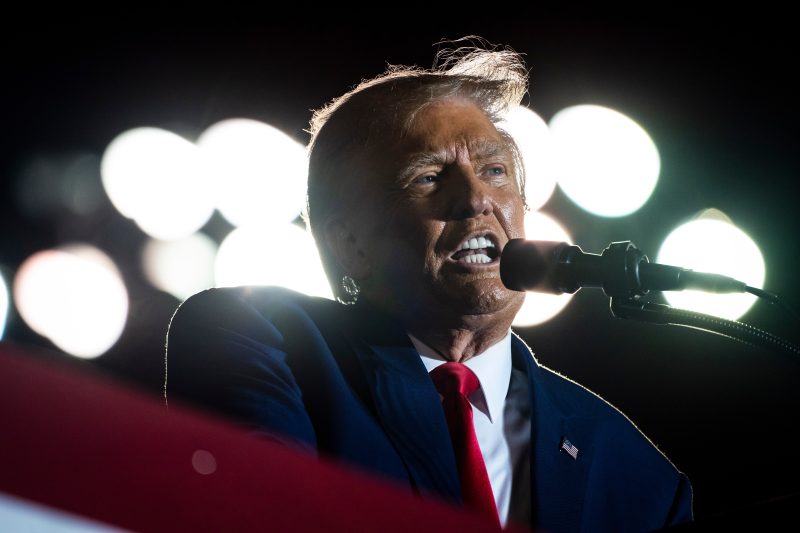President Donald Trump has recently come forward with a vow to “fully indemnify” officers against civil lawsuits arising from police activities. While this statement may sound revolutionary, experts say it is already largely a reality.
This vow from Trump was in response to a call from the National Association of Police Organizations for qualified immunity for police officers. The White House argued that these officers should have “greater protection from baseless lawsuits while simultaneously protecting the constitutional rights of all citizens.” However, even before Trump’s call, officers themselves were already largely indemnified.
According to former Los Angeles police chief Charlie Beck, the fact that most suits officers face in court are civil, not criminal, is largely a matter of understanding due process. “We investigate every officer-involved shooting…However, investigations seldom result in criminal charges for officers,” explains Beck. “Unless there is malicious intent by an officer – which is really, really rare – an officer is likely to be cleared by a criminal court.”
In fact, according to the National Police Misconduct Reporting Project, a database which tracks reported police misconduct across the country, there were only six convictions of officers out of a total of 6,212 reports in 2017. When talking about cases of civil suits, on the other hand, the news looks far brighter for officers.
In civil suits, officers are reimbursed by their employing police department or by an insurance policy backed by the city. This is backed by the number of civil lawsuits against officers that are dropped by juries or dropped by an officer’s issuing police department each year.
In the end, although Trump’s call to provide officers with greater protection from baseless lawsuits through indemnification may come across as revolutionary, the reality is that officers already have virtual carte blanche when it comes to civil suits. In this case, the only thing that has changed is the rhetoric.
